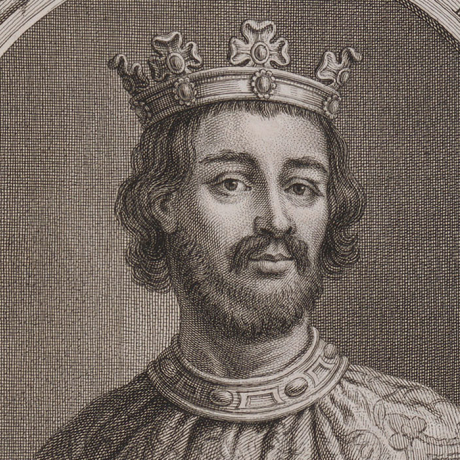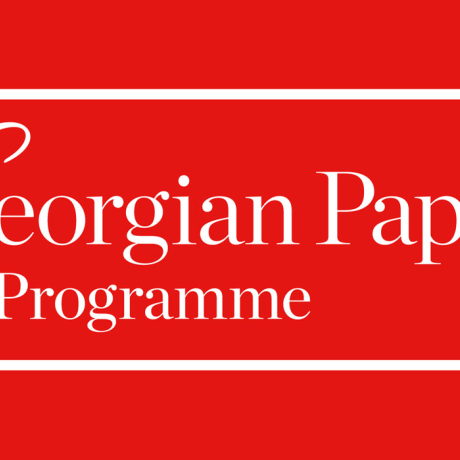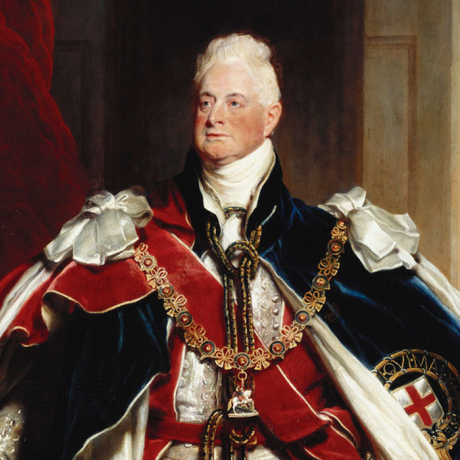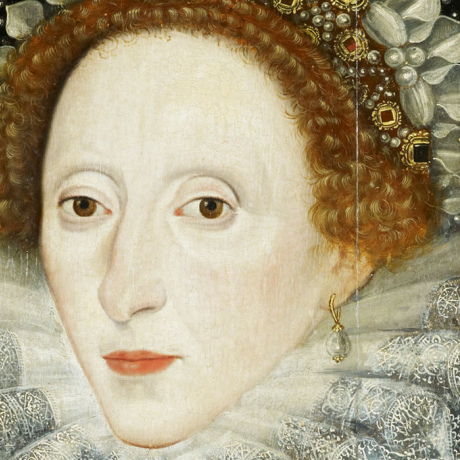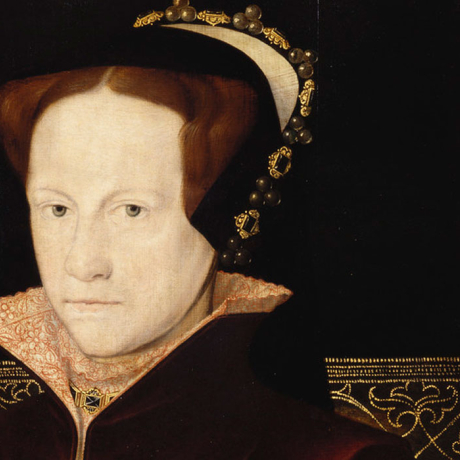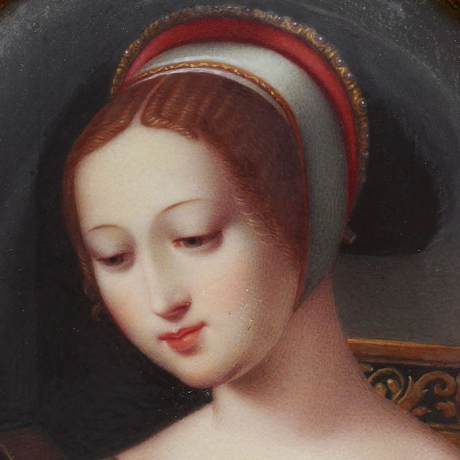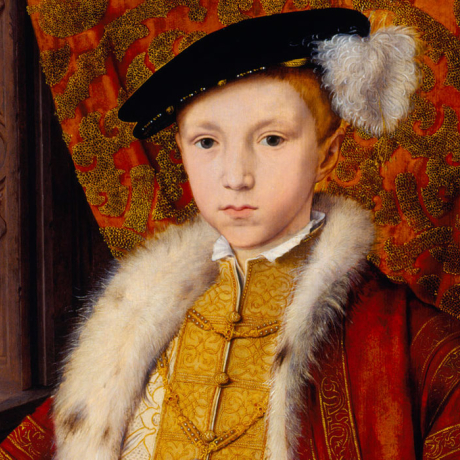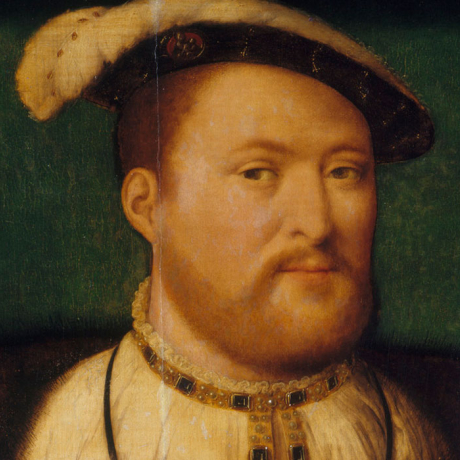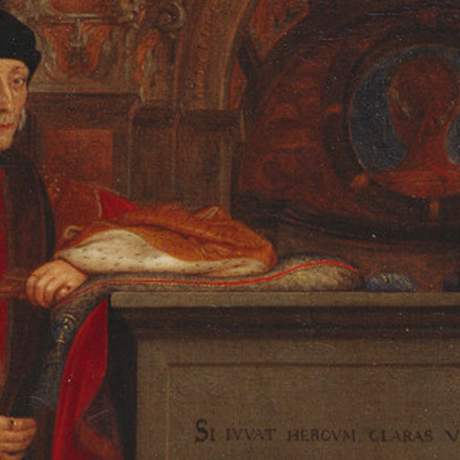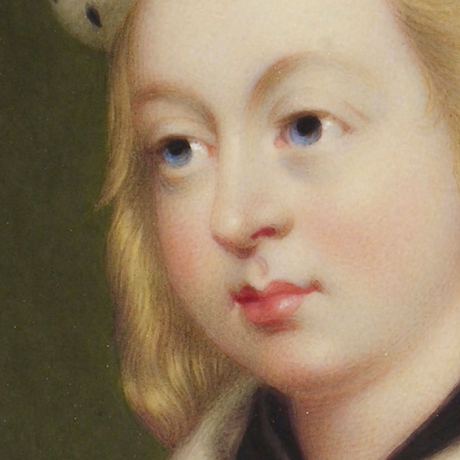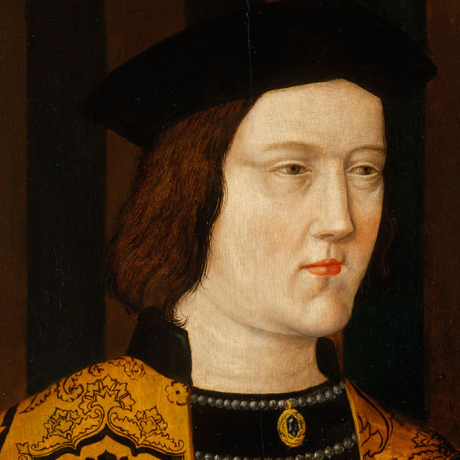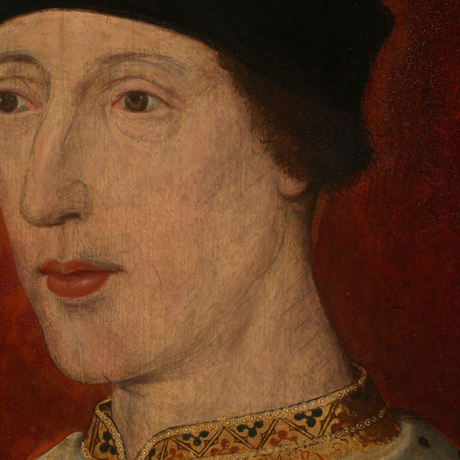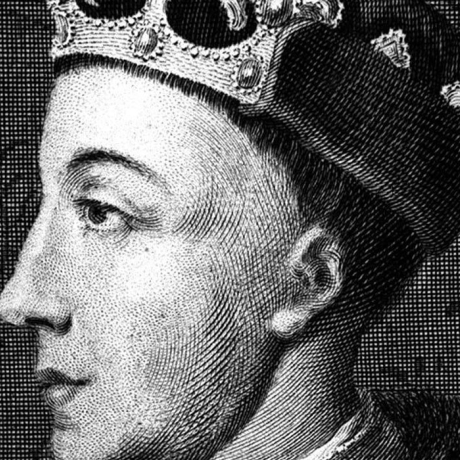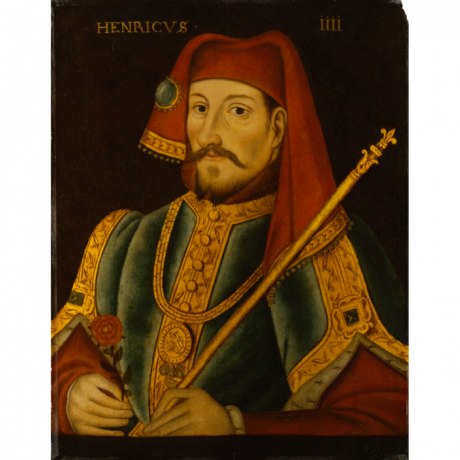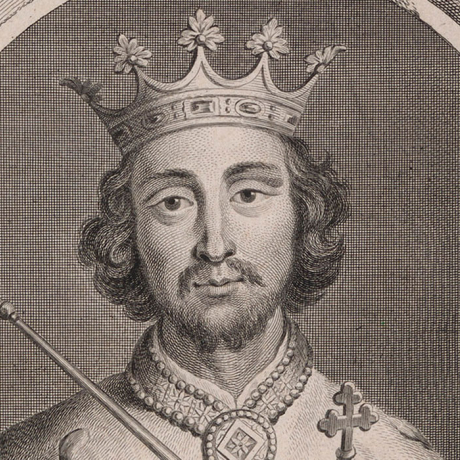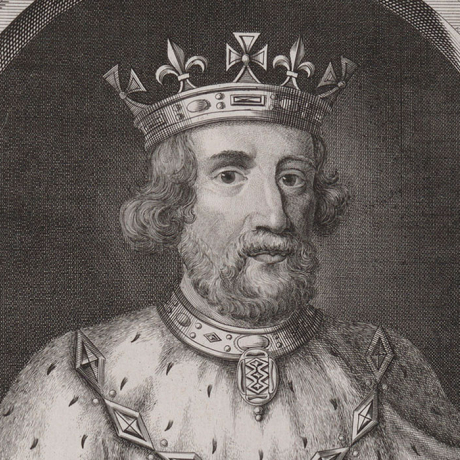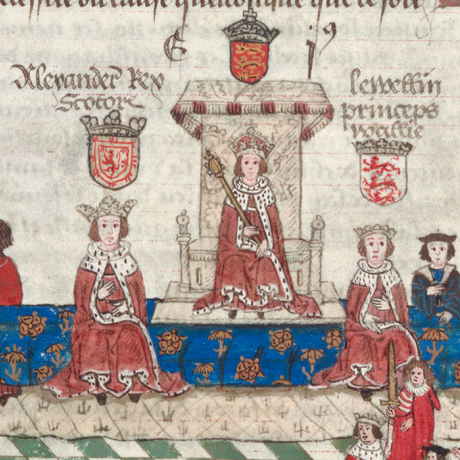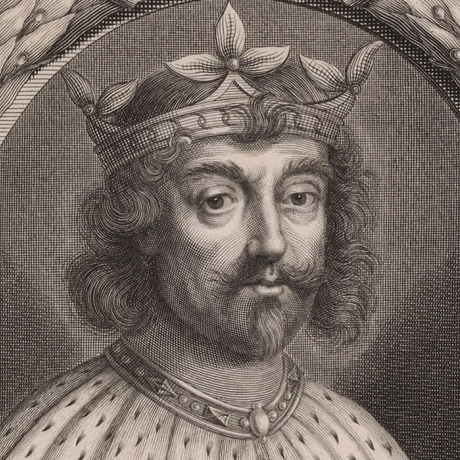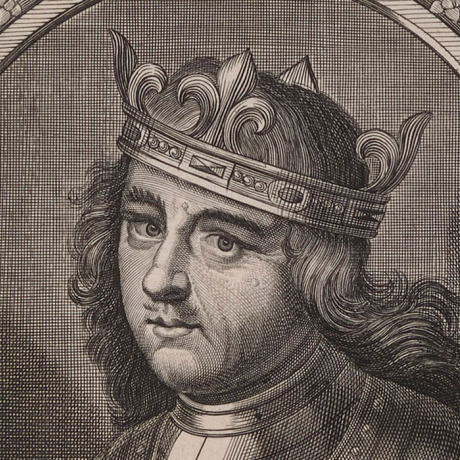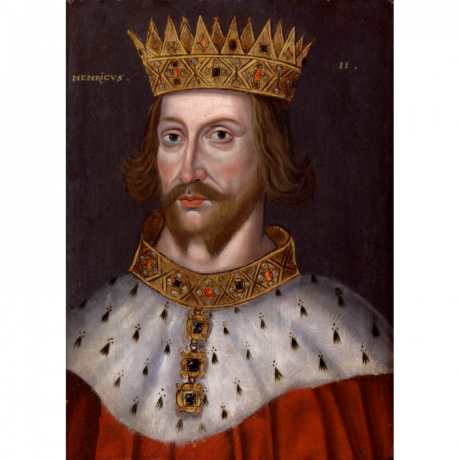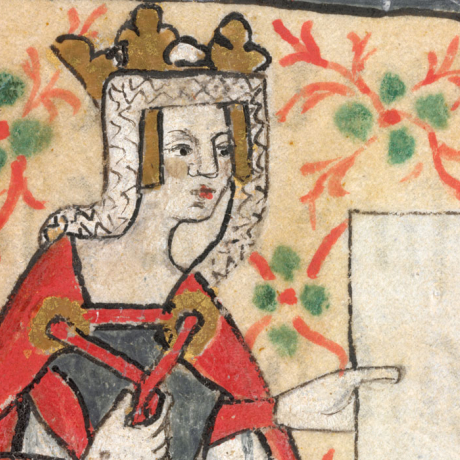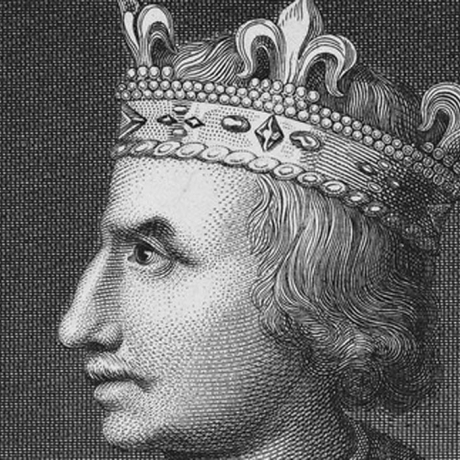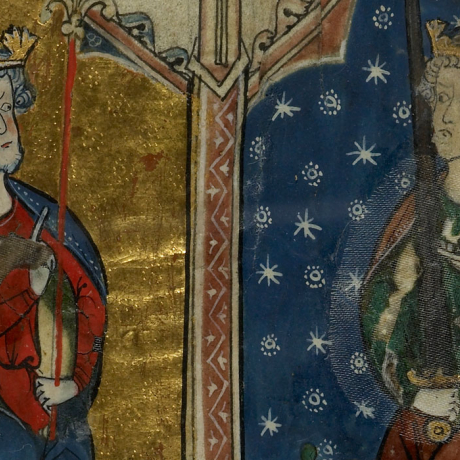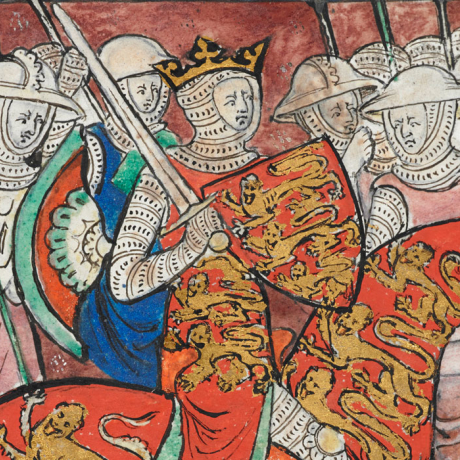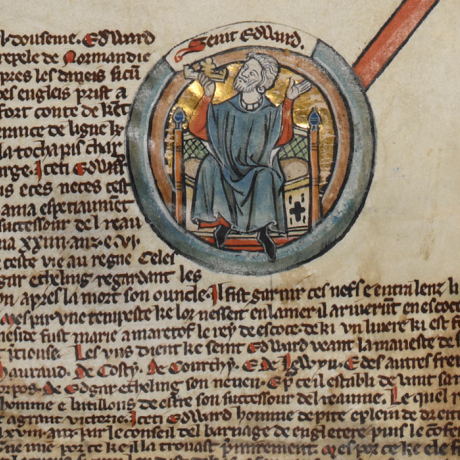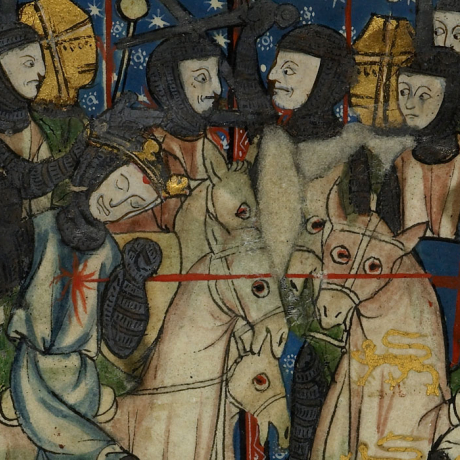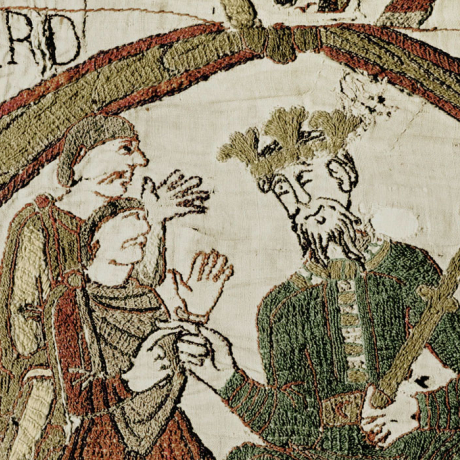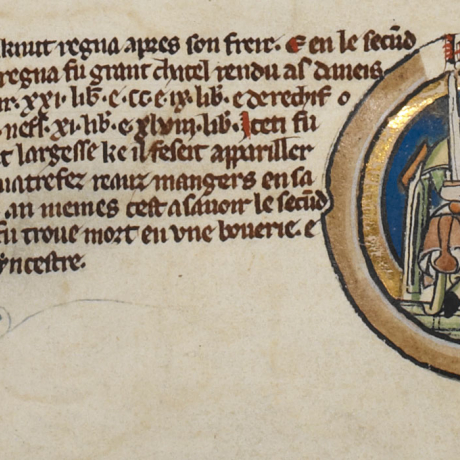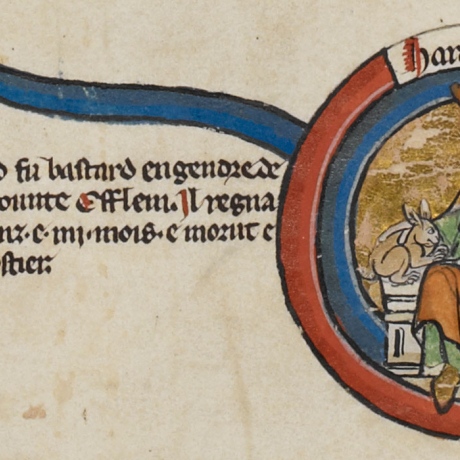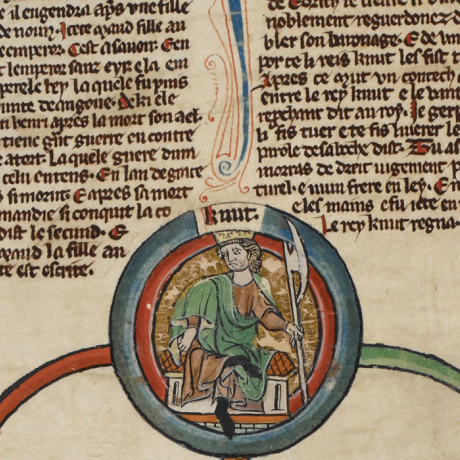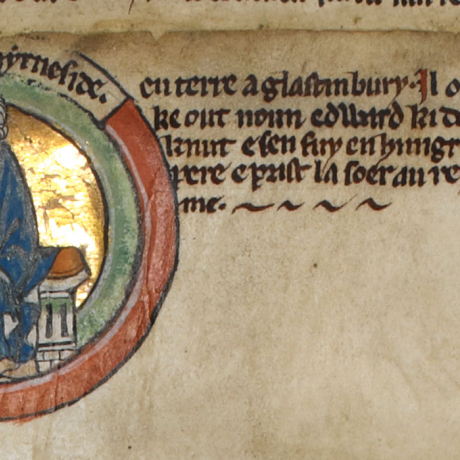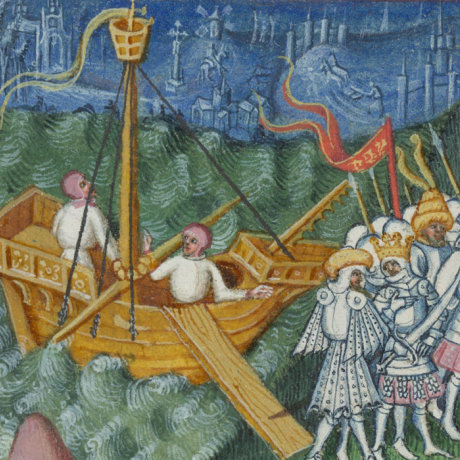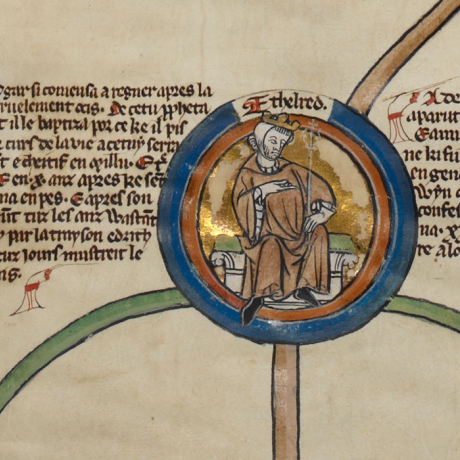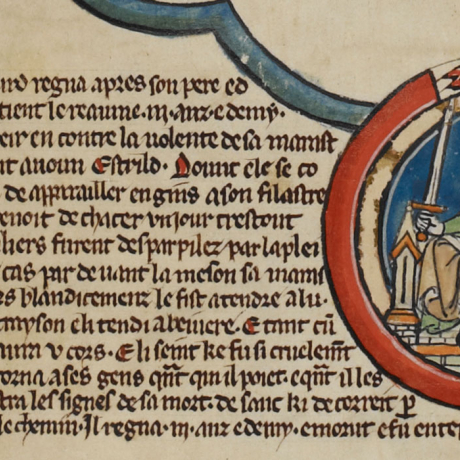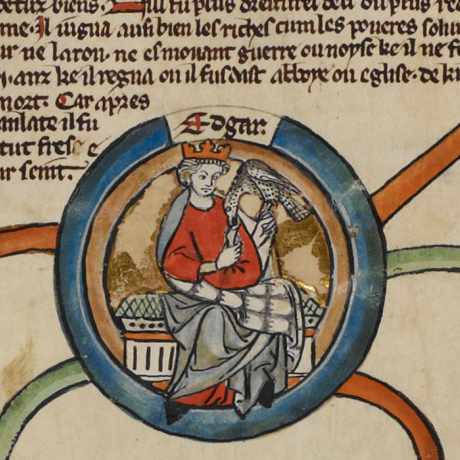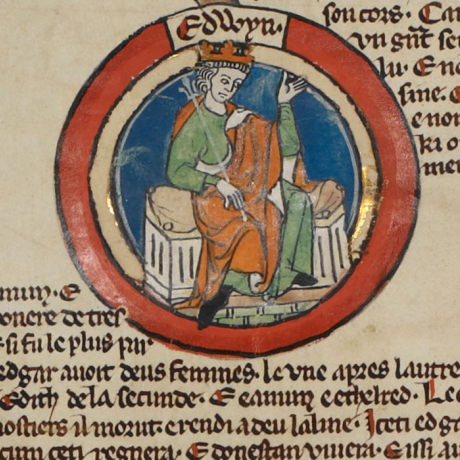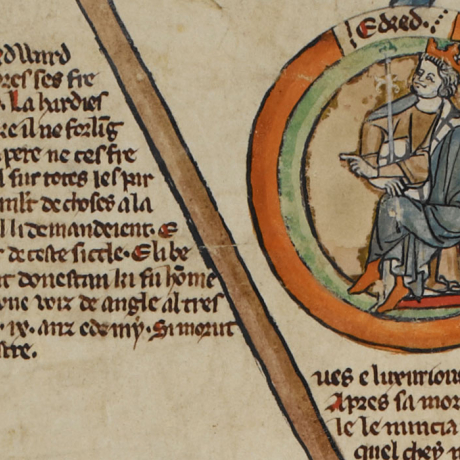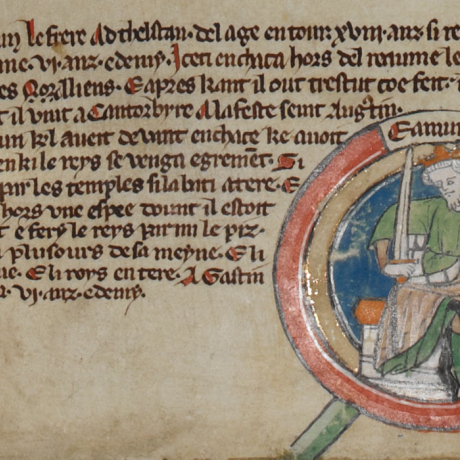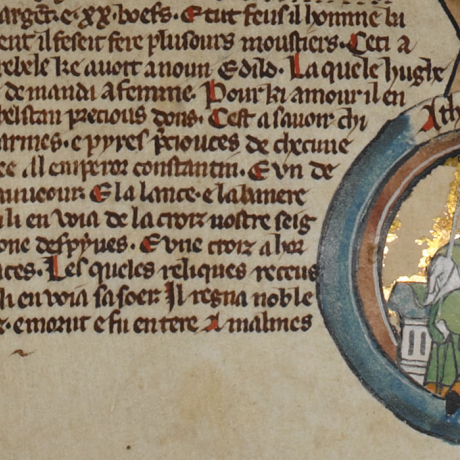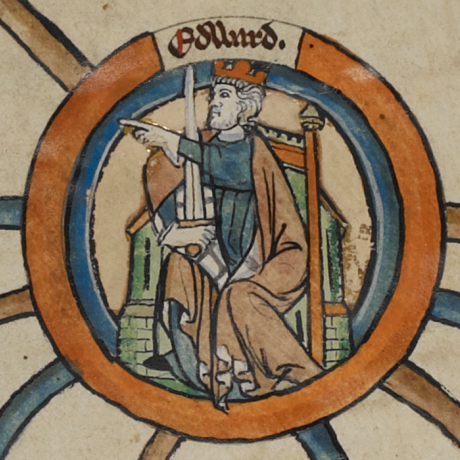John was an able administrator interested in law and government but he neither trusted others nor was trusted by them.
Heavy taxation, disputes with the Church (John was excommunicated by the Pope in 1209) and unsuccessful attempts to recover his French possessions made him unpopular. Many of his barons rebelled, and in June 1215 they forced King John to sign a peace treaty accepting their reforms.
This treaty, later known as Magna Carta, limited royal powers, defined feudal obligations between the King and the barons, and guaranteed a number of rights.
The most influential clauses concerned the freedom of the Church; the redress of grievances of owners and tenants of land; the need to consult the Great Council of the Realm so as to prevent unjust taxation; mercantile and trading relationships; regulation of the machinery of justice so that justice be denied to no one; and the requirement to control the behaviour of royal officials.
The most important clauses established the basis of habeas corpus ('you have the body'), i.e. that no one shall be imprisoned except by due process of law, and that 'to no one will we sell, to no one will we refuse or delay right or justice'.
The Charter also established a council of barons who were to ensure that the Sovereign observed the Charter, with the right to wage war on him if he did not.
Magna Carta was the first formal document insisting that the Sovereign was as much under the rule of law as his people, and that the rights of individuals were to be upheld even against the wishes of the sovereign.
As a source of fundamental constitutional principles, Magna Carta came to be seen as an important definition of aspects of English law, and in later centuries as the basis of the liberties of the English people.
As a peace treaty Magna Carta was a failure and the rebels invited Louis of France to become their king. When John died in 1216 England was in the grip of civil war and his 9 year old son, Henry III, became King.

